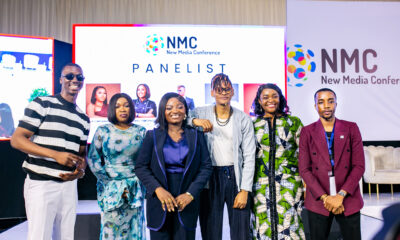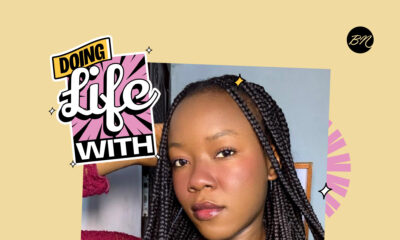Features
Oluwatosin Olaseinde Teaches Us Financial Responsibility in Today’s “Doing Life With…”
Do you know that 60% of Africans are one sickness away from falling into poverty? When it comes to investing, time in the market beats timing the market.
Doing Life With… is a BellaNaija Features series that showcases how people live, work, travel, care for their families and… everything in between. We are documenting the lives of all people and ensuring everyone is well-represented at BN.
Did you miss our last conversation with Alexander Okeke? You can catch up here.
This week, we’re doing life with Oluwatosin Olaseinde, the founder of MoneyAfrica and Ladda, platforms that educate individuals on personal finance, savings, and investment. Oluwatosin has built a reputation for simplifying complex financial concepts and helping Africans make better money decisions.
Enjoy the conversation!
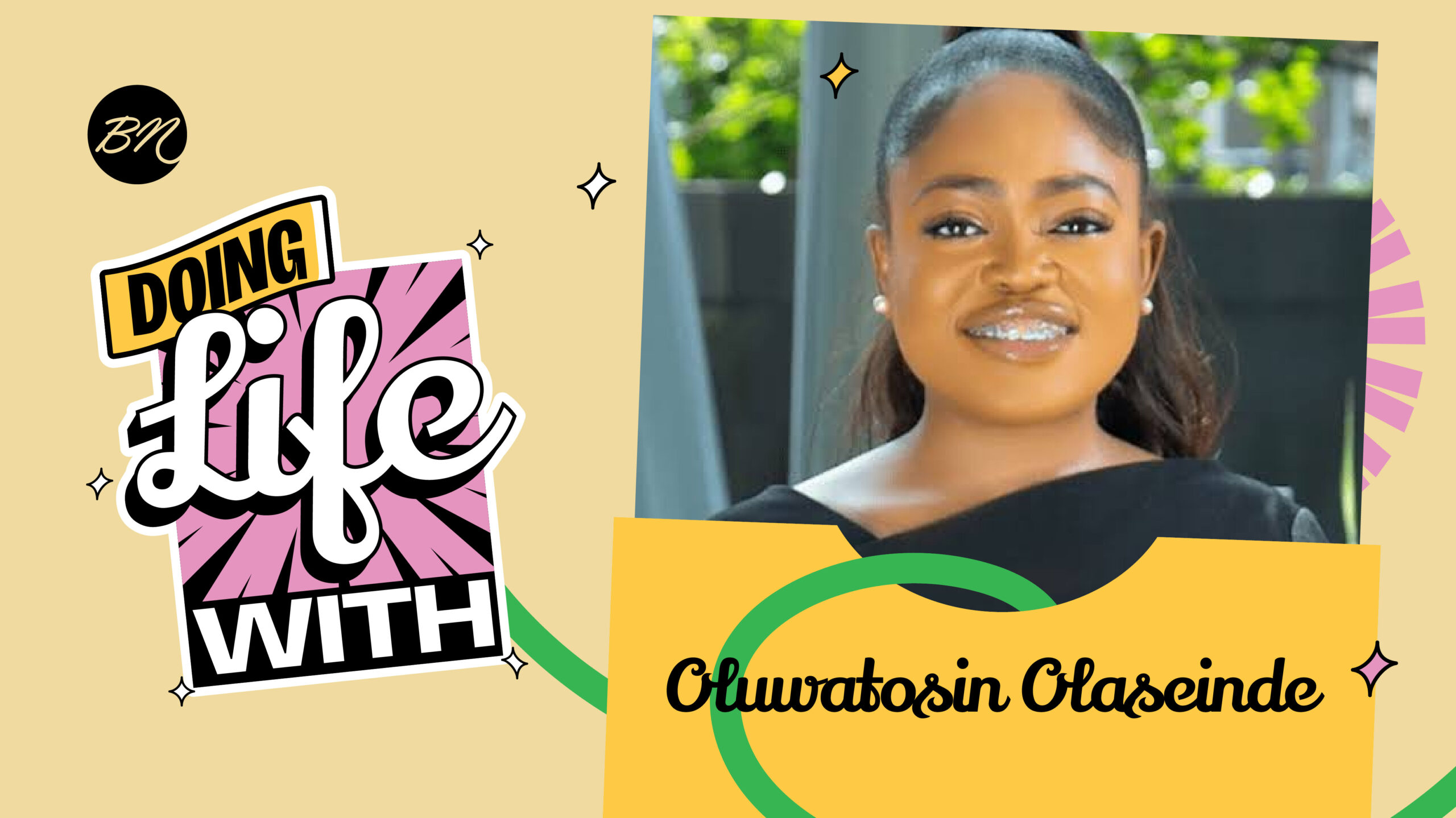
Hey, Oluwatosin. How are you feeling today?
I’m doing really well, thank you. I feel grateful and excited. Every day, I get to do the work that’s deeply aligned with my purpose. That keeps me grounded and fulfilled.
Let’s start from the beginning. Tell me about your background—childhood, education, early work experiences and a part of your childhood that shaped what you do now, and the way you see money and success today
I grew up in a family of 5, and I’m the middle child. I had my secondary school education in Queen’s College, Lagos. My childhood was filled with exciting moments and childish things. 😂 I loved reading Enid Blyton’s kind of books. Being a teenager in Lagos and in a high-performing school, and intentional parents fostered the “I Can Do It” spirit. I spent almost a decade living in South Africa, where I completed my A-levels, enrolled for my first and second degrees, and started my first job at age 20. On paper, I earned a decent salary, but in reality, I was living from one paycheck to the next. For four years, I had no savings, no investments—nothing to show for my hard work.
When I eventually moved back to Nigeria, I came back broke. That moment was a turning point. I had to teach myself about money, unlearn unhealthy financial habits, and rebuild from scratch. That personal journey transformed how I view money and success. Today, success for me is about discipline, freedom, and security. That lesson drives everything I do at MoneyAfrica and Ladda.
Founding finance platforms like MoneyAfrica and Ladda feels both bold and necessary. What gaps were you trying to fill, and when did you realise you were meant to build these platforms?
The gaps were everywhere. Across Africa, people are working hard but not building wealth. Financial literacy is missing, and the trust or discipline to follow through was inadequate. Think of it as a comprehensive health check that covers not only saving and investing. It also includes things like insurance, which protects your health, assets, and retirement plans. Do you know that 60% of Africans are one sickness away from falling into poverty? We educate heavily on the holistic personal finance health of individuals.
MoneyAfrica was born out of personal experience and frustration. We had to close the first gap: education. People want something relatable. They want something they can connect with and understand how money works in simple, relatable ways. But education alone wasn’t enough. People would learn the principles, but struggle to take the next step into investing safely.
That’s where building a community of other learners came in. We want other learners to be able to interact with each other. MoneyAfrica is a platform thriving on community.
Based on feedback from our users, we created Ladda, which makes investing simple, safe and accessible, whether you’re starting with ₦1,000 or ₦1,000,000. I realised I had to build these platforms when I saw how much transformation happens when you combine knowledge with actionable tools and a community.
Another gap we found at the time is a critical component in investing. The earlier you start, the better, because that’s where compounding plays a role. According to a Cambridge study, by the age of 7, a child’s mindset about money has been formed. So we built MoneyAfrica Kids, a gamified financial literacy app to teach children about money and catch them young.
This work isn’t just about innovation; it’s about bridging systemic gaps and helping millions achieve financial independence.
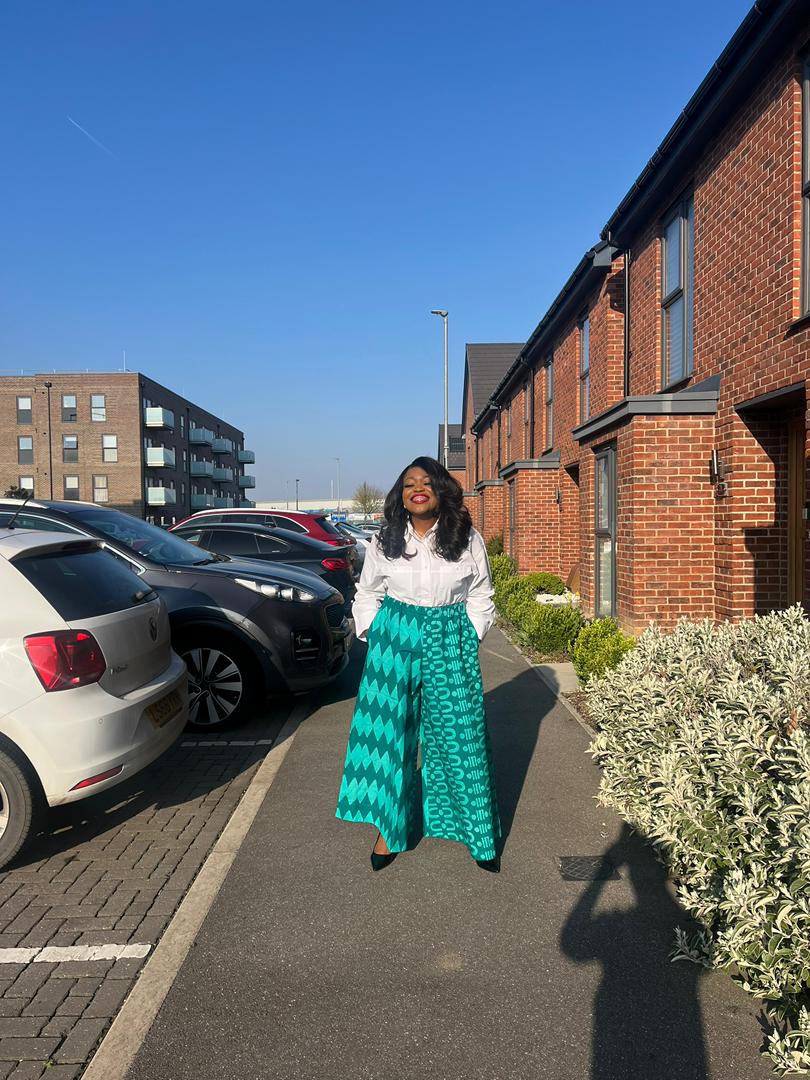
What’s one common but problematic belief Nigerians have about money or investment that you think we urgently need to unlearn?
That investing is only for the wealthy. It’s a deeply rooted mindset that holds people back. I hear it all the time: “I’ll start investing when I have big money.” The reality is, wealth is built gradually.
You don’t need millions to start; you can begin with small, consistent amounts. It’s about building the habit, letting compounding work for you, and learning as you grow. I also strongly feel that young people should invest in the stock market for the long term. They literally see how money grows over time in the stock market via capital appreciation and dividends compounding.
Waiting for a perfect moment makes one miss out on the years when your money could have been working for you.
Say Tolu earns ₦200,000 monthly. What’s the realistic amount she should invest/save every month to build financial freedom?
There’s no magic number, but I usually recommend aiming for at least 20% of your monthly income. For Tolu, who’s earning ₦200,000, that’s ₦20,000 every month.
Here’s why consistency and starting early matter more than the amount:
If Tolu invests ₦20,000 every month into a diversified portfolio averaging 10% annual returns, after 45 years, her portfolio could grow to about ₦211 million. Out of that, her total contribution would only be around ₦10.8 million. The rest, a staggering ₦200+ million, would come purely from compound growth.
Now here’s the painful part: If she delays starting by just 10 years, investing the same ₦20,000 monthly for 35 years instead, she’d end up with only about ₦76 million. That’s a ₦135 million gap, simply because she started later.
This shows that when it comes to investing, time in the market beats timing the market. Even if you can’t hit the full 20%, start with what you can today and increase as your income grows. The earlier you start, the harder your money works for you. Platforms like Ladda make this seamless. You can automate small, consistent contributions and track your portfolio performance over time. It takes away the complexity and makes investing a part of everyday life.
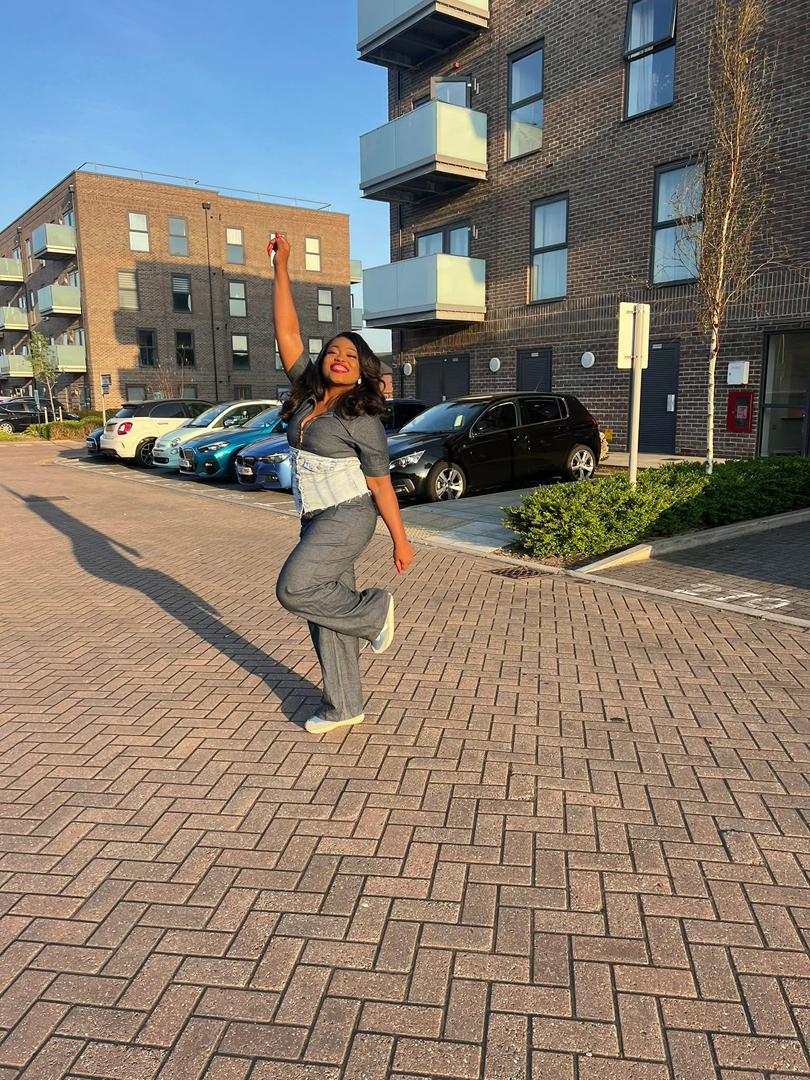
How has the definition of success evolved over the years?
It has evolved completely. In my early 20s, I equated success with earning a comfortable life. Today, success means impact and ambitious goals. How many people are becoming financially literate? How many are breaking generational cycles of poverty? How many now have the tools to invest and build wealth? MoneyAfrica and Ladda are vehicles for this impact. For me, success is seeing millions of Africans gain the confidence and resources to secure their financial futures. Purpose now comes first, and everything else follows.
What were the early challenges you had to overcome when building MoneyAfrica and Ladda?
The biggest challenge was trust. Nigerians have seen too many scams and failed investment schemes, so scepticism is natural. We overcame this by being transparent, consistent, and education-first: With MoneyAfrica, we built credibility through free, practical lessons. We share real success stories and focus on long-term value, not quick wins. Trust is earned gradually, but once people see your consistency and integrity, it builds strong loyalty.
What’s one honest piece of advice you always share with someone in their twenties who’s trying to build wealth?
The advice I always give is: “Start where you are, with what you have.” You don’t need a huge salary to begin. Build the habit of saving and investing early. Through Ladda, we’ve seen users start with as little as ₦1,000 a month. Years later, they’re shocked at how much they’ve built. The earlier you start, the more time works in your favour.
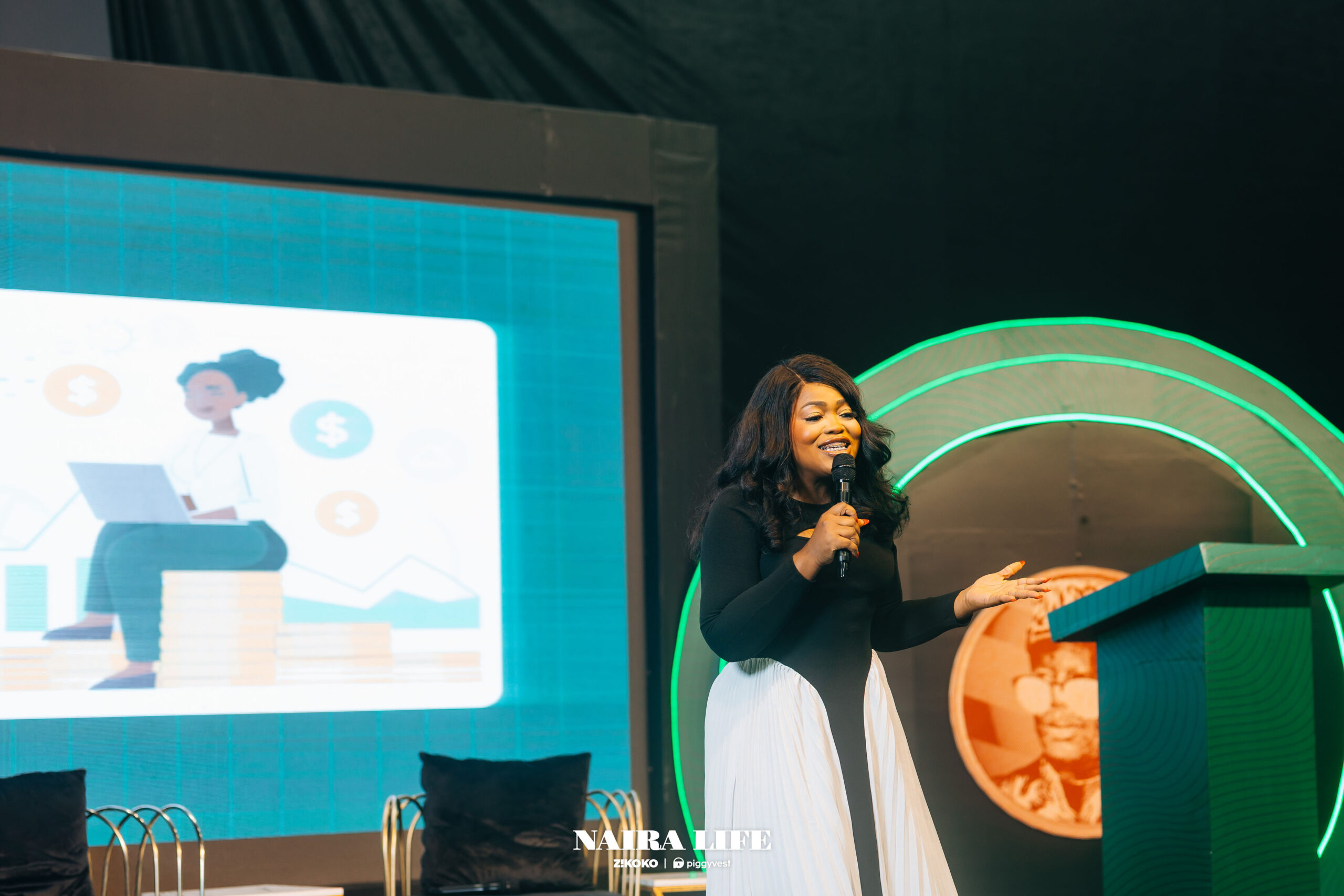
The best piece of advice you’ve ever received?
The best advice I’ve ever received is: “Money is a tool, not a goal.” Use it to create freedom, options, and security, but never let it define your value.
Another superpower is personal development. For every N1 you invest in yourself, you get N100 return. That’s a 9,999% return. It’s insane how your personal development compounds. Your ability to earn significantly increases. Always treat yourself as your biggest asset. Health is wealth. Do not trade your health at the altar of career. Strike a balance and get it right. Take preventative measures and get comprehensive health insurance.
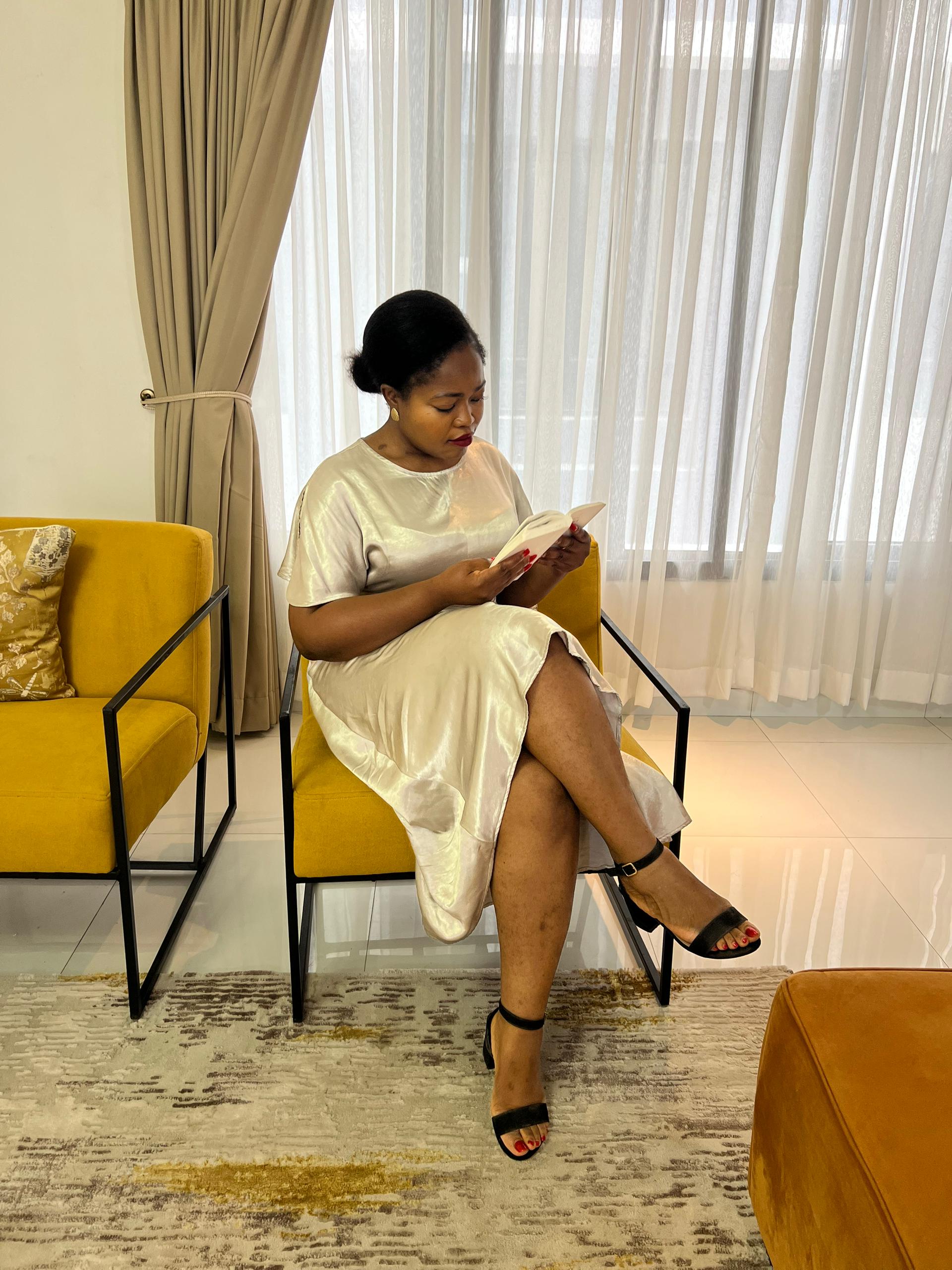
You’re a teacher and builder at heart, but how do you unplug? What brings you joy that has nothing to do with numbers or goals?
I prioritise small, grounding moments: Time with family and close friends; long walks where I can reflect and reset; and reading random articles and learning new things, as they feed my creativity and perspective. Rest is no longer negotiable for me. I’ve learnt that caring for myself helps me show up fully for the mission.
What does a regular day in your life look like, Tosin, from the time you wake up till you return to bed?
No two days are the same, but here’s the flow: Mornings start with quiet time—journalling, reflection, prayer and exercise.
I block my mornings for deep work—shaping strategy for MoneyAfrica and Ladda, reviewing insights, and working on content.
Afternoons are about team sync calls and community engagement. I carve out daily time for learning—fintech trends, emerging investment tools, or educational models. Evenings are for family, rest, and unwinding. I’ve learnt to be intentional about my time because balance doesn’t happen by accident.
In this phase of your life and work, what’s something you’re still learning to get comfortable with?
I’m learning to get comfortable with delegation and visibility. With MoneyAfrica scaling quickly, I can’t do everything myself. I’m trusting my team more and focusing on strategy and impact. I’m also embracing being visible. I’ve realised that to inspire financial literacy and investing at scale, my story has to be part of the message.
Thank you for being on Doing Life With…Oluwatosin
Thank you for having me.
___
Many thanks to Oluwatosin Olaseinde for having this conversation with us and answering all our questions – and swiftly too, we must add.
Do you love this content, have any feedback for us or want to be a BellaNaija Features contributor? We’d love to read from you. Shoot us an email: [email protected]. Join us on Saturday for the next episode!




